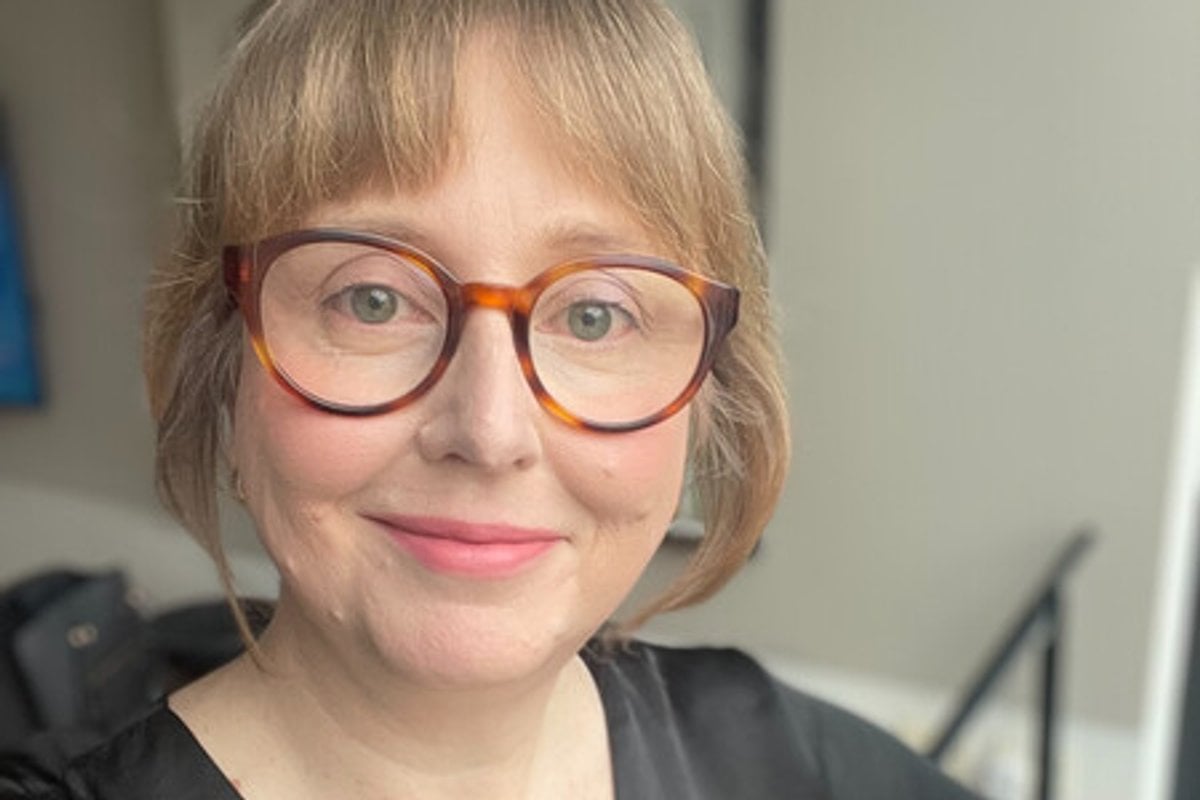

Trying to have a baby can be one of the most exciting times in a couple's life. But it can also be really stressful, especially if conception doesn't happen as quickly as you'd hoped.
It can leave you with a lot of unknowns — and as with most things in life (altogether now): knowledge is power. So, we asked GP and Chief Medical Officer at InstantScripts, Dr Sarah Cavanagh to answer some your most pressing fertility questions.
How long should we try to conceive before seeking help?
Generally, if you're under 35 and have been trying to conceive for a year without success, it's time to speak to your doctor, Dr Cavanagh advised. For those over 35, it's recommended to seek advice after six months.
"There are always exceptions to this rule. If you have irregular or absent cycles, severe period pain, or if your male partner has concerns about his fertility, it makes sense to get an opinion sooner.
"Fertility can naturally decline with age, so it's essential to get the right support early."
What are the biggest reasons for infertility?
For women, common causes include ovulation disorders like polycystic ovary syndrome (PCOS), blocked fallopian tubes and endometriosis.
"In men, infertility is often due to low sperm count, poor sperm function or structural issues like blockages in the reproductive tract," Dr Cavanagh said.
Lifestyle factors can also contribute to infertility.
"Sometimes, despite thorough testing, no specific cause is found, known as unexplained infertility."
